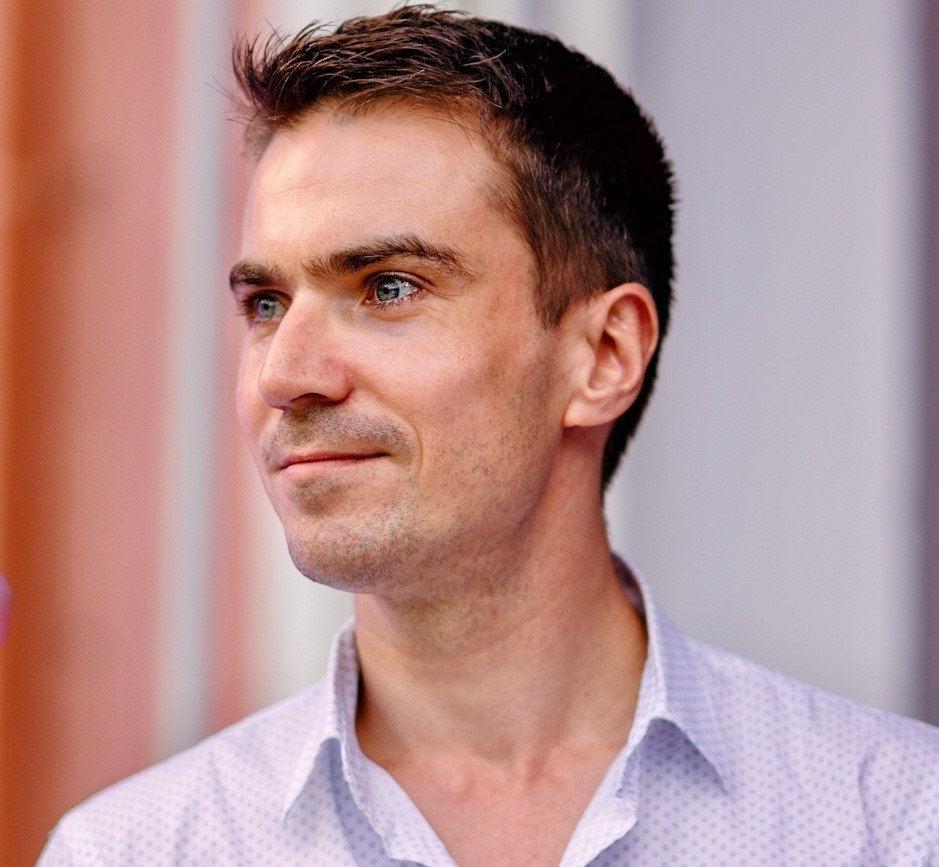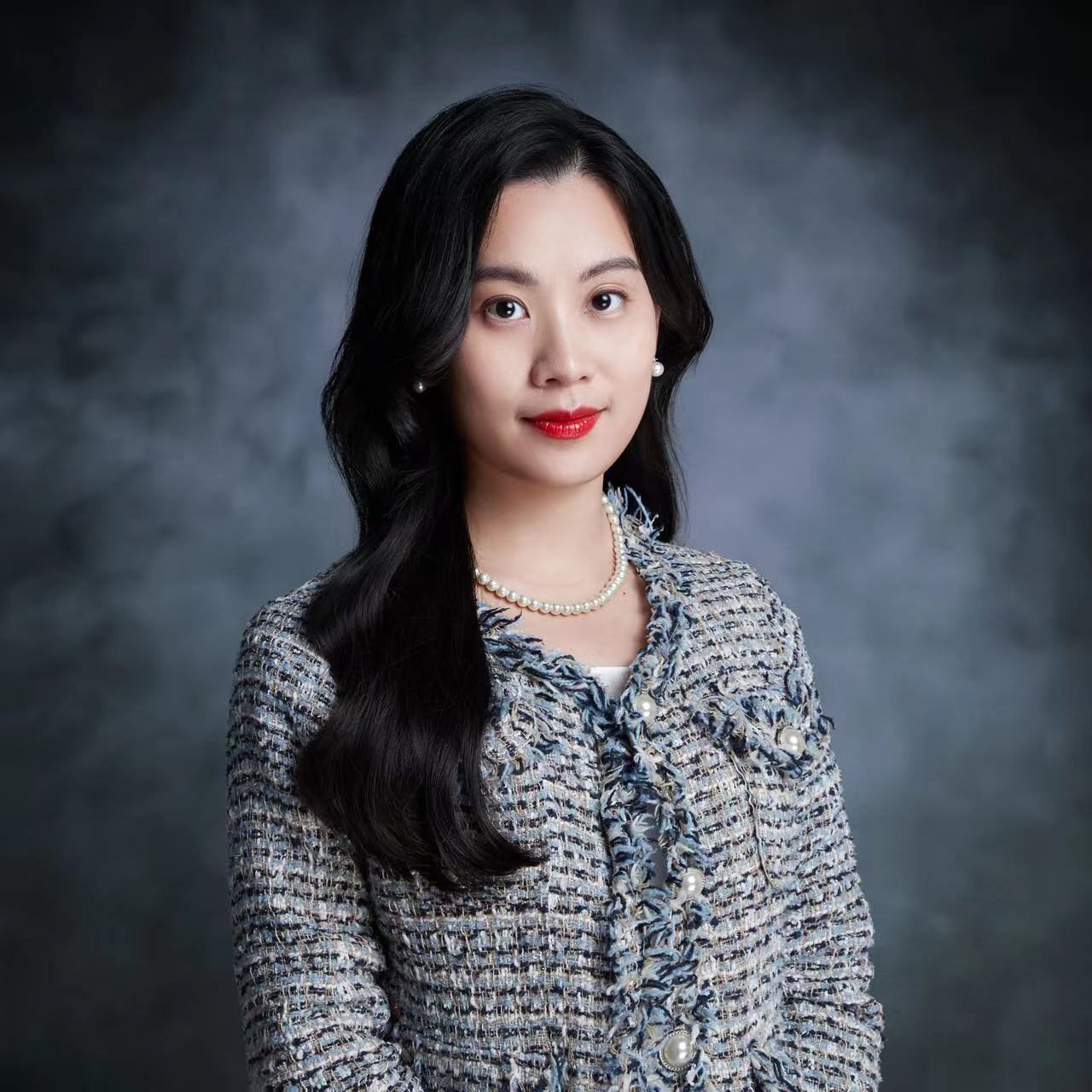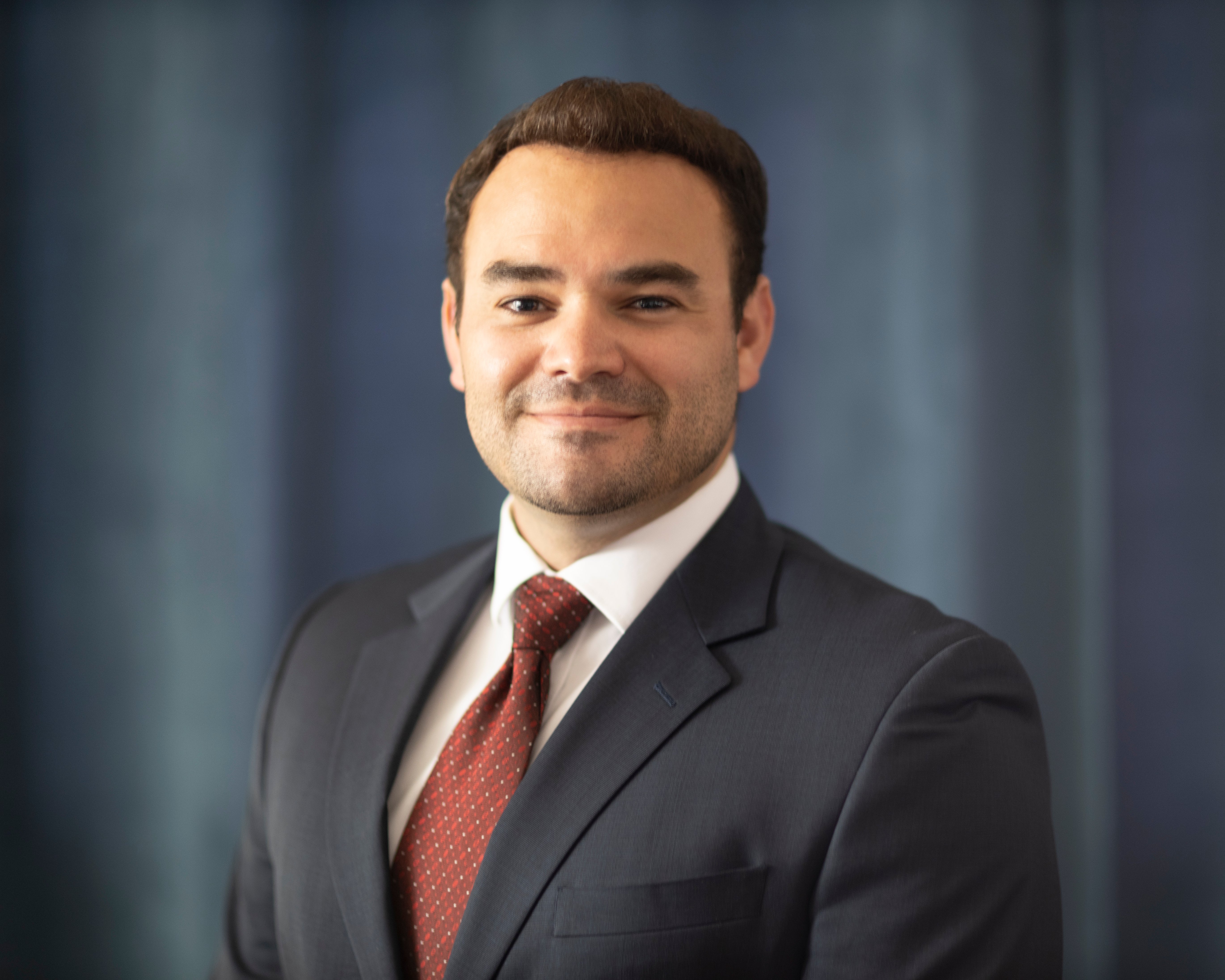The life paths of the participants intersect in the course and as a result, each individual gains insights into other cultures and ways of working.
Christoph Maier
Can you tell us a fun fact about yourself?
I am the only German in our TIEMBA 2023 class. As soon as German companies appear in case studies, I show a special interest in them. I would like to be able to tell my classmates more about these companies and be a good representative of our beautiful country. This role is fun for me and challenges me.
So, what made you decide to pursue the TIEMBA, and why did you choose INSEAD?
To choose the right programme, I used several selection criteria. On the one hand, I really wanted to find a format that takes place in real life and not via online video sessions. The modular structure of the TIEMBA course is ideally suited for this.
When I attend the modules, my colleagues at work know that I am only available in case of emergencies and I concentrate 100% of time on the content and my classmates.
On the other hand, the TIEMBA forms exactly the cultural bridge that is necessary in these times of economic upheaval.
Europe is at a crossroads. In my opinion, it is economically necessary to take a closer look at Chinese culture and explore the possibilities.
If you were to describe your experience in one sentence, what would it be?
The mixture of international participants and excellent professors challenges and develops me personally and opens up new opportunities.
Has the TIEMBA helped you in your career so far?
From each individual module I draw out the ideas and knowledge that are suitable for my situation.
While in the classroom I take notes and like to implement them right away. The positive impulses can more often than not be put into action immediately and sometimes only have a time delay.
What are your thoughts about the multi-campus experience?
At the moment I have only been able to visit the very well organised campus in Singapore. Due to the pandemic, I was unfortunately unable to access to the renowned Chinese campus of Tsinghua University.
The flexible curriculum of the TIEMBA programme allows me to attend these important Chinese courses at a later date. At this point it is important to me to get to know the professors and researchers in reality and not to have to switch to a video conference. The programme offers this advantage of time flexibility.
Could you tell us more about the curriculum so far and your learning experience?
The courses were conducted by professionally experienced and internationally renowned professors. The preparations for the courses are challenging and you have to be disciplined. The subjects are designed in a generalist way, so that all economic issues that are needed in a company are dealt with.
What advice would you give to someone who might be interested in pursuing an INSEAD Masters programme?
It is advisable to talk to several current and past participants of the TIEMBA course.
The interested person should find out whether his or her professional planning fits the curriculum and whether they are in harmony.
In my opinion, it does not matter so much whether the participants come from the same industries or are on the same hierarchical level. Rather, the TIEMBA thrives on the diversity of the individual participants. In our class I can report on completely different biographies. The life paths of the participants intersect in the course and as a result, each individual gains insights into other cultures and ways of working.




